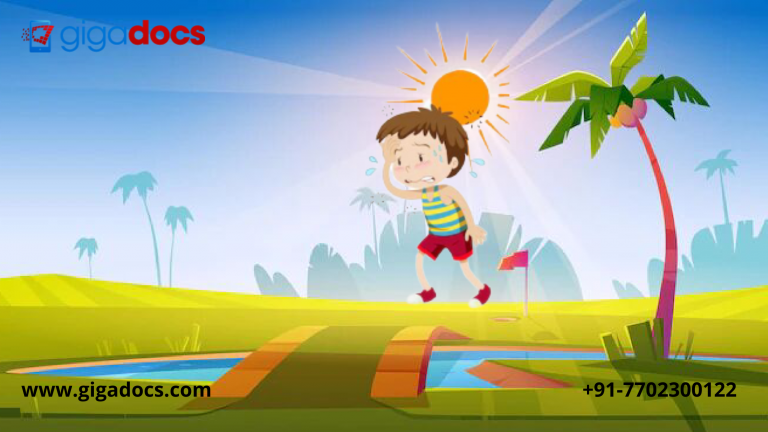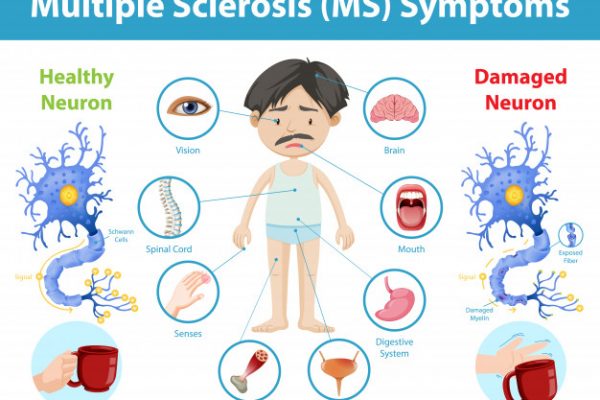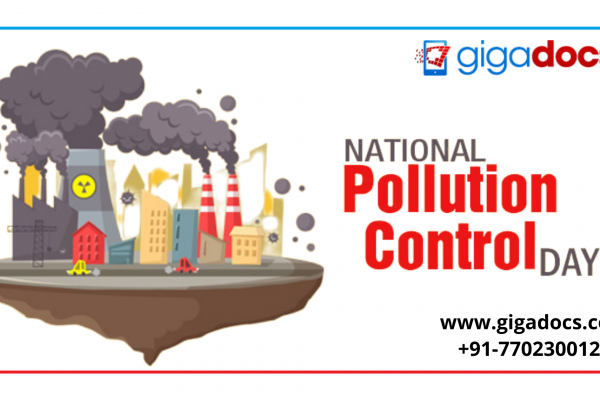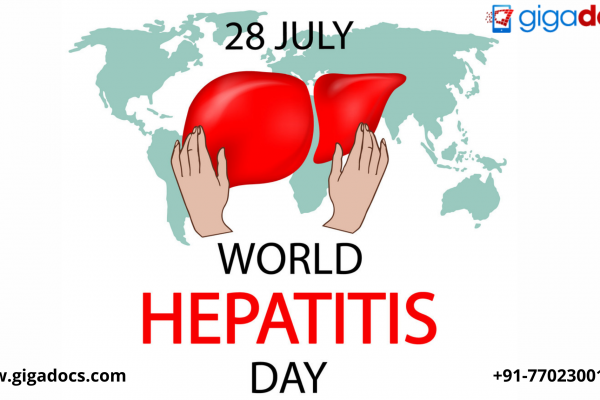“Temperatures are rapidly rising in the country, more than usual,” Indian Prime Minister Narendra Modi said in an online meeting with the heads of Indian state governments.
For days, millions of Indians have been suffering from “severe heatwave conditions,” and the scorching temperatures are expected to rise further. The south-eastern Indian states, known for their humid climate, have been the hardest hit, with temperatures reaching 43 degrees Celsius. The rising temperature has a deterring effect on our health and wellbeing. Let’s read more about a heatwave, its different types, and how you should protect yourself from it.
Heat Wave
We all have heard it, but do we know what a heatwave is? Defined as a sudden increase in temperature, a heatwave is common from March to June, with some instances seen in July as well. Extreme temperatures and the resulting atmospheric conditions harm people during a heatwave as they cause physiological stress and may also lead to death.
Heatstroke is a more severe condition that requires medical assistance. Dry skin, a high body temperature, confusion, and, in rare cases, unconsciousness are all symptoms. A heat wave’s main dangers are dehydration and overheating, exacerbating with people who are fighting heart or breathing problems.
Heat-Related Illness: Types and Symptoms
The hot weather causes a variety of conditions with varying degrees of severity. Hyperthermia or an elevated body temperature is a general term for heat-related illness. The following are the most common types of Hyperthermia-
- Heat rash- Cluster of small blisters that appear on the skin. To treat a heat rash, try to remain in a relaxed, dry environment. Applying a prickly heat powder to the affected area may help to relieve pain.
- Heat Stroke: Fever, hot/red/dry skin, a fast, strong pulse, headache, dizziness, nausea, confusion, and fainting are all symptoms of heatstroke.
- Sunburn: Sunburn causes painful, red, and warm skin that blisters and peels. If you get sunburned, try to stay out of the sun as much as possible, wear cool clothing, and apply a moisturizing lotion. Beware: Don’t break your blisters in any case. It will cause you skin troubles.
- Heat Cramps: Heat Cramps are painful muscle spasms due to excessive sweating while exercising. Stop exercising immediately and move to a cool location, where you can drink plenty of water. Rush to a specialist if you have a history of heart problems, you’re on a low-sodium diet, or the severe cramps last longer than an hour.
- Heat Exhaustion: Sweating, weakness, dizziness, fainting, a fast, weak pulse, and nausea are all symptoms of heat exhaustion. If someone is experiencing heat exhaustion, we advise placing wet cloth on the wrists, neck, and armpits and immediately moving the person to a cool place. These are body parts where blood passes close to the skin’s surface, allowing you to cool down faster. Book a specialist on the Gigadocs app if you’re vomiting or your temperature rises above 102°F.
Heat Waves’ Health Effects
- Dehydration, heat cramps, heat exhaustion, and/or heat stroke are common health effects of heatwaves.
- Heat Cramps with edema (swelling) and syncope (fainting) accompanied by a fever of less than 39°C (102°F).
- Fatigue, weakness, dizziness, headache, nausea, vomiting, muscle cramps
- Sweating and seizures can successively progress into a coma- a life-threatening condition.
Who is the Most Vulnerable?
A heatwave can affect anyone. The most vulnerable are-
- The elderly, especially those over 75, those who live alone or in a care home
- Those who have a severe or long-term illness, like heart or lung disease, diabetes, kidney disease, Parkinson’s disease, or some mental health conditions.
- Those who may struggle to stay cool like babies, people with drug or alcohol addictions, or those suffering from Alzheimer’s disease.
How to Recover from a Heat Stroke
If you suspect someone is suffering from heat exhaustion, take the following steps:
- Place the person in a cool, shady location
- Give them water or a hydrating drink to drink. Avoid alcohol, caffeine, or carbonated beverages.
- If symptoms worsen or last for a long time, or if the person becomes unconscious, see a doctor.
- Apply a cool, wet cloth or water splash to the person’s face or body to cool them down.
- Allow for better ventilation by loosening their clothing.
Summer Safety Recommendations
The hot weather and summer sun pose some health risks, but they can be mitigated. The first piece of advice is to spend as much time as possible in well-ventilated buildings. You should also limit using a stove or oven to keep your home as cool as possible. The next piece of advice is to drink more water than usual, rather than wait until you’re thirsty. However, if you have a fluid intake restriction or are taking water pills, talk to your doctor about this tip.
Remember to hydrate and eat a balanced diet and seasonal fruits.
Do not take dehydration or overheating lightly. Reach out to Gigadocs if you feel any discomfort or heartburn. Our expert Tele-consultants are here to provide you with the best medical care.
Download the Gigadocs App from:
- IOS App – apple.co/2W2iG4V
- Android App – bit.ly/33AQoRC
To know more, e-mail at info@gigadocs.com




